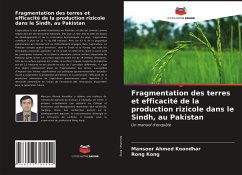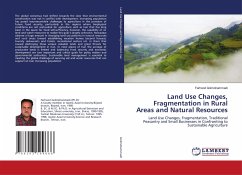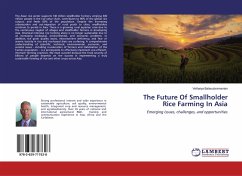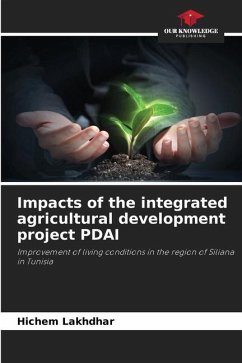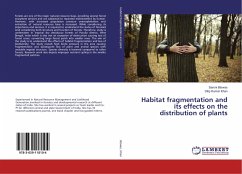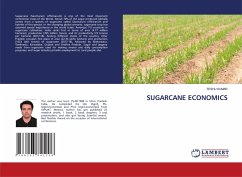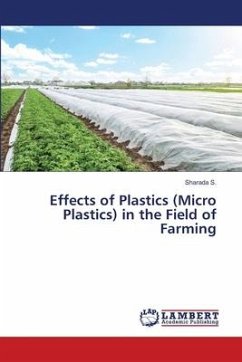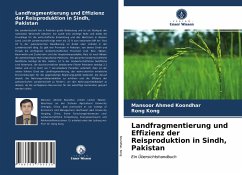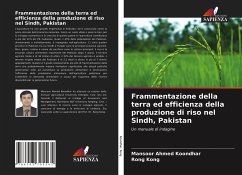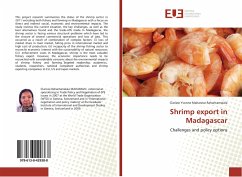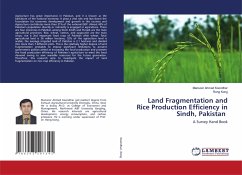
Land Fragmentation and Rice Production Efficiency in Sindh, Pakistan
A Survey Hand Book
Versandkostenfrei!
Versandfertig in 6-10 Tagen
36,99 €
inkl. MwSt.

PAYBACK Punkte
18 °P sammeln!
Agriculture has great importance in Pakistan, and it is known as the backbone of the national economy. It plays a vital role and lays down the foundation for economic development and growth in this country and Agriculture contributes more than 21% of the national GDP. Almost 43% of Pakistan's population directly or indirectly is engaged in agriculture. There are four provinces in Pakistan among them Sindh and Punjab are the main agricultural provinces. Rice, wheat, cotton, and sugarcane are the main crops, rice is 2nd important food crop of Pakistan after wheat. Total agricultural land is 36 m...
Agriculture has great importance in Pakistan, and it is known as the backbone of the national economy. It plays a vital role and lays down the foundation for economic development and growth in this country and Agriculture contributes more than 21% of the national GDP. Almost 43% of Pakistan's population directly or indirectly is engaged in agriculture. There are four provinces in Pakistan among them Sindh and Punjab are the main agricultural provinces. Rice, wheat, cotton, and sugarcane are the main crops, rice is 2nd important food crop of Pakistan after wheat. Total agricultural land is 36 million hectares, 52% of the agriculture land is arable, the average irrigated land of Pakistan is 2.1 hectares and divided into more than 7 different plots. This is the relatively higher degree of land fragmentation probably to impose significant limitations to present government policies aimed at increasing the food production and promote the food production efficiency of Pakistan's agriculture to meet the food demand owing to save available resources for the future generation. Therefore, this research aims to investigate the impact of land fragmentation on rice crop efficiency in Pakistan.



